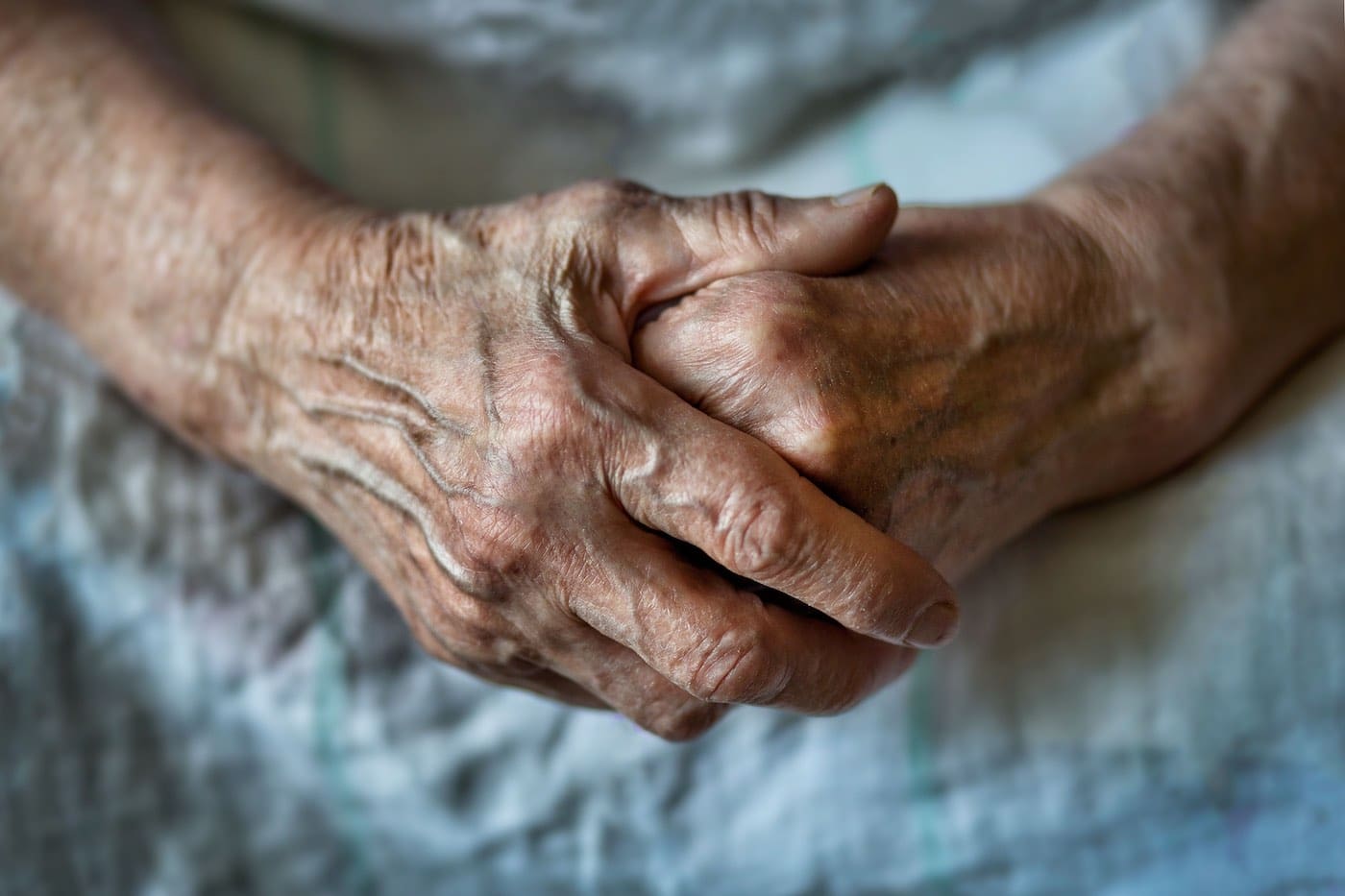Dementia is a condition that affects a person’s brain. It changes how they think and act, and affects their ability to do everyday things. It’s not one single disease. There are many different causes, and they all lead to the same condition. We’re all at risk of developing dementia, but by keeping your brain and your body healthy, you’ll help protect yourself.
The early signs of dementia can be hard to see, so you might not notice them at first. Signs can be confusion, change to personality, a person might seem very different to their old self. Losing interest in things that they like, not wanting to be with other people, unable to do everyday things, and having trouble remembering things more and more often. These signs don’t always mean dementia. They could be caused by something like depression or an infection.
If you see any of these signs in yourself or someone else, visit your medical service, and get checked. It’s important to pick up any decline in thinking and memory as soon as possible to get the support, information, and any medicines that might help.
Dementia is more common in older people, but not all older people have it. Dementia isn’t a normal part of ageing. It can also develop in people who are younger, in their 40s and 50s.
The different forms of dementia are caused by different things. For example, vascular dementia is caused by having one or more strokes. But not all people who have had a stroke develop vascular dementia. People with Parkinsons disease can also develop dementia, but the most common kind is called Alzheimer’s disease, and no one knows the cause, although it can be inherited.
Anyone can get dementia, but some people have a higher chance than others. By keeping your brain active and keeping your body healthy, you can help protect yourself against dementia. Keeping social with your mob, doing things like painting, playing music, singing, and yarning up.
If you smoke, try to quit, or start to think about quitting. Drink less grog. If you’re overweight or obese, try and get your weight down to a healthy level, and maintain it at that level. Get regular exercise. Start with a fast walk, enough to make you be breathless. Work towards 45 minutes a day, five to six days a week. Eat more healthy foods, like fresh fruit, vegetables, lean meat and fish, and bush tucker. Avoid eating unhealthy foods when you can. Unhealthy foods are fried foods, and any food or drink that’s high in salt, fat, or sugar.
See your doctor, get your blood pressure, blood sugar, cholesterol checked. If you have diabetes, manage it with the medicines to keep your blood sugars in a healthy level. Think about yarning to a dietician, or asking about a diabetic educator for support. If you have high cholesterol, talk to your doctor about different ways that can help you lower it.
Protect your head from injuries. Wear protective headgear like a helmet when riding a bike, or playing contact sport.
If you or someone you know has dementia, your doctor will give you information and talk to you about the supports available, and any medicines that could help. There is no cure for dementia, so the treatment involves managing the symptoms.
When a person has dementia, they often experience other things too. For example, depression, anxiety, trouble sleeping, hallucinations, anger, and violent behaviour. A doctor might recommend some medicines to help with these symptoms, and they might recommend other things that can help, like reassuring the person or making changes to their home environment.
Visit your medical service for more information about dementia, and to find out how to protect you and your family. If you think you or someone you know could have dementia, your medical service can help you with information, support, and can help diagnose it. Support is crucial for people with dementia. Support can come from families, friends, and carers, and can make a difference to managing it.





